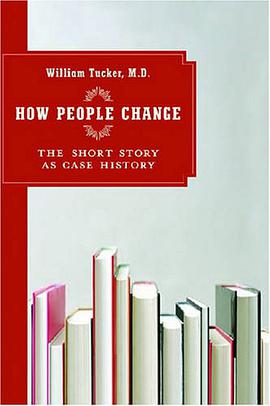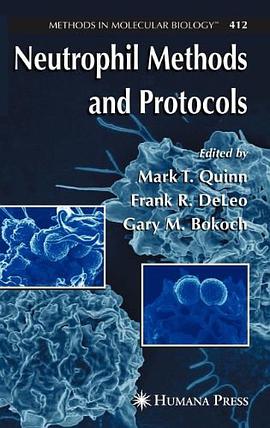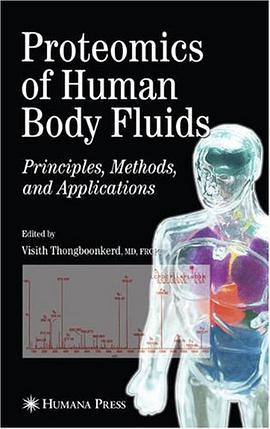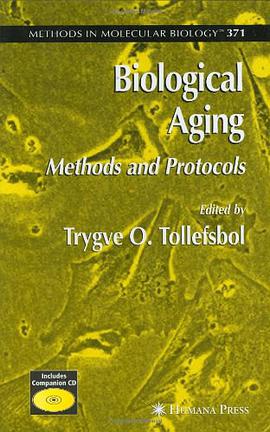

A manual to show practicing physicians and medical students how to make use of short stories to help their patients adapt to their illnesses and participate in their treatment.
For most people, the quickest route to wisdom, other than experience, is through stories. Stories speak across generational lines and cultures, emphasize the universality of human experience, and offer insight into the dynamics involved in unfamiliar situations.
Freud and D.W. Winnicott were among the few psychiatrists able to write case histories emblematic of the vicissitudes of the human condition. As a rule, the technical and dry approach of the psychiatric literature is not fit to teach doctors how to connect to their patients' suffering because it privileges pathological categories over experience. Tucker, therefore, turns to the drama and conflicts of fictional characters, to restore the human dimension of medicine and to entice practitioners to grasp the emotional and intellectual layers of the particular situations in which their patients are entrapped. The sixteen stories selected here are analyzed to show how they illustrate the process of change, as defined by Erik Erikson’s description of the "life cycle." Some of these stories include "Gooseberries" by Anton Chekhov, "The Dead" by James Joyce, and "Her First Ball" by Katherine Mansfield. Physicians and medical students can turn to these narratives as examples of how others have dealt with challenges and debilitating conditions, and encourage their patients to follow similar paths to bring about change in their lives.
具体描述
读后感
评分
评分
评分
评分
用户评价
相关图书
本站所有内容均为互联网搜索引擎提供的公开搜索信息,本站不存储任何数据与内容,任何内容与数据均与本站无关,如有需要请联系相关搜索引擎包括但不限于百度,google,bing,sogou 等
© 2025 book.wenda123.org All Rights Reserved. 图书目录大全 版权所有




















